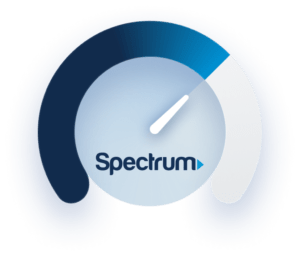

In addition, we can use the Android or iOS location services to determine a more accurate location fix. If you're using one of our mobile apps, this process all happens in the background before you press Begin Test. (For more information, you can read our article on the full testing methodology used on .) We can then begin the full test process: measuring your ping, download speed, and upload speed. This is the server that's "closest" on the network, and usually provides the most accurate results. We then ping those nearby servers, and choose the server with the lowest result, meaning it took the shortest time for a response. Once you press Begin Test, we take your location and determine up to five nearby servers (using spherical geometry). After loading the list of 1000+ servers and the appropriate map tiles, we can display the map of hosts on the front page. This tells us where to center the map-but more importantly, it also tells us which servers are nearby. If you would like to take a look at how this test looks on both the desktop and mobile versions of the Spectrum website, check out the screenshots we took during and after testing.The first step begins before you even press the button: we look up your IP address in a GeoIP database to determine your approximate location. Test your connection to find out your upload and download times and your ping and jitter. These speeds were right in line with our expectations, and the results were pretty steady from test to test, so we believe the Spectrum test to be quite accurate. Our advanced VoIP Speed Test Tool offers a comprehensive analysis of the quality and performance of your current internet connection and speed. The average download speed registered at 149.0 Mbps, while the upload speeds were all recorded at the exact same speed of 6.0 Mbps. Considering that the vast majority of internet speed tests do analyze ping times, this was a disappointing discovery.

However, one fairly major gripe we have with this test is the fact that it does not record ping or latency times. Getting down to the specifics, the Spectrum speed test took an average of 5.3 seconds to load and 35.5 seconds to run, which are typical times compared to most competitors.

The Spectrum speed test also produced results in this range, and we were impressed with the general reliability and consistency. For these tests, we used a connection that advertises download speeds of up to 150 Mbps, and competing speed tests confirmed that we were indeed receiving speeds at or exceeding the advertised rates. Speedtest by Ookla is the most popular service which provides a free analysis of internet access performance metrics such as latency and connection data rate.


 0 kommentar(er)
0 kommentar(er)
